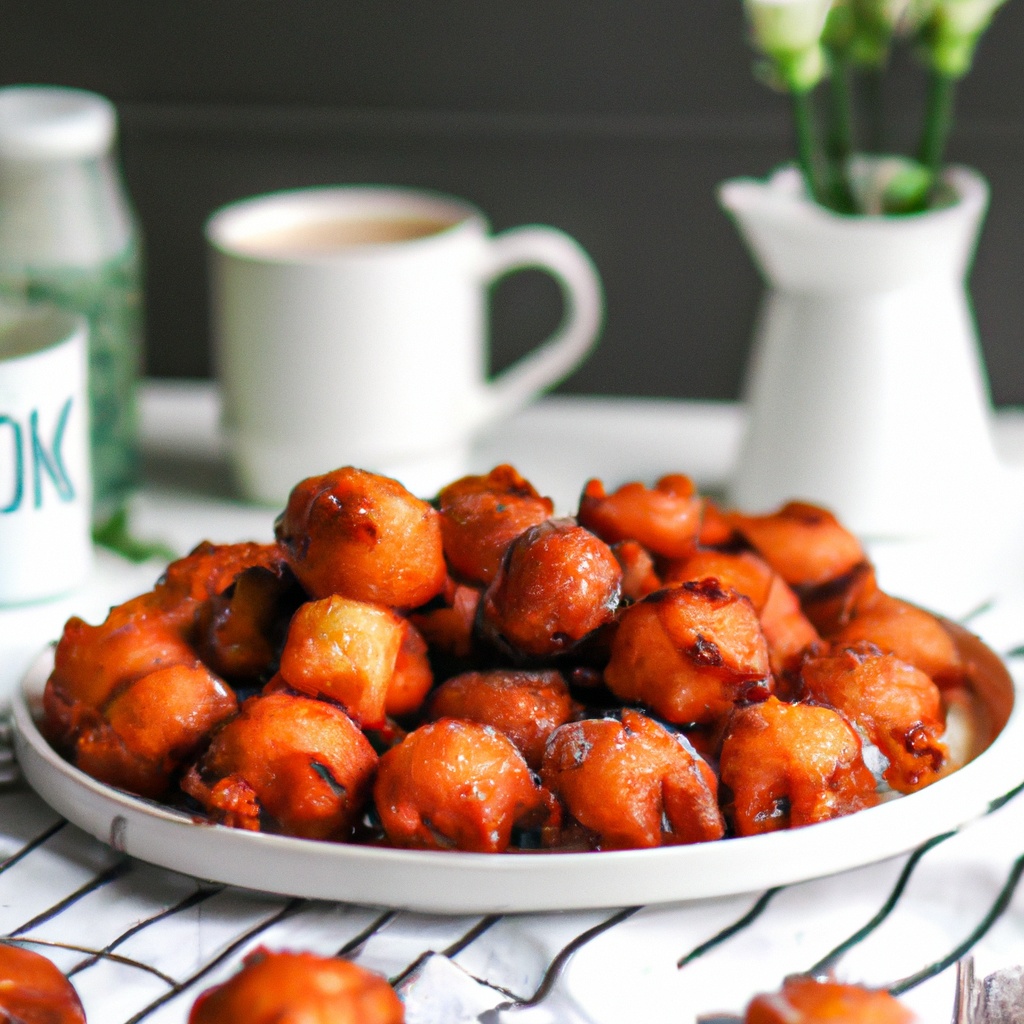PROS
Olie Bollen are a classic Dutch pastry that are perfect for a cozy winter treat.
They’re warm, soft, and full of apple and raisin goodness.
CONS
They are deep-fried, which makes them high in calories and fat.
Enjoy them in moderation as part of a balanced diet.
HEALTH & BENEFITS
While Olie Bollen are not the healthiest pastry option, they do contain apples which are a great source of fiber, vitamins, and antioxidants. Eating apples has been linked to reducing the risk of heart disease, diabetes, and some cancers.



/rating_off.png)
Leave a Reply